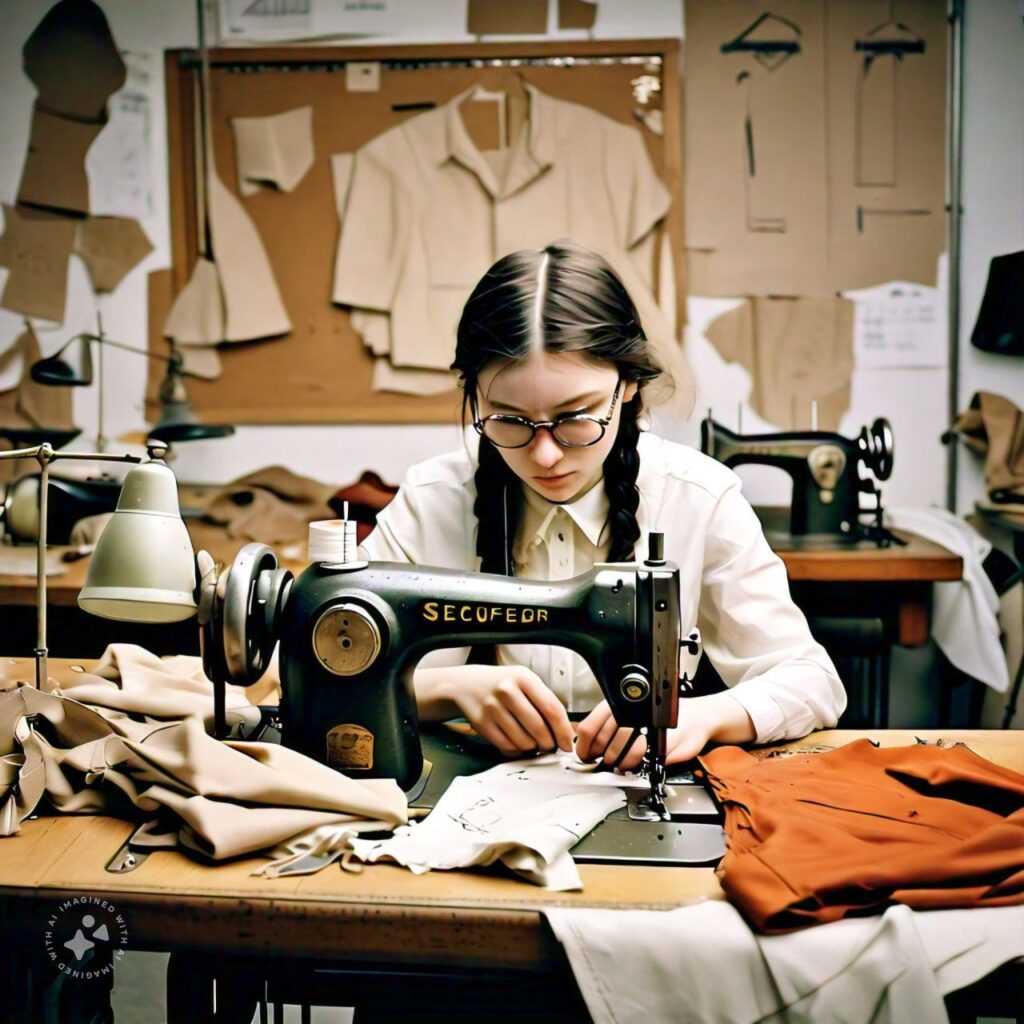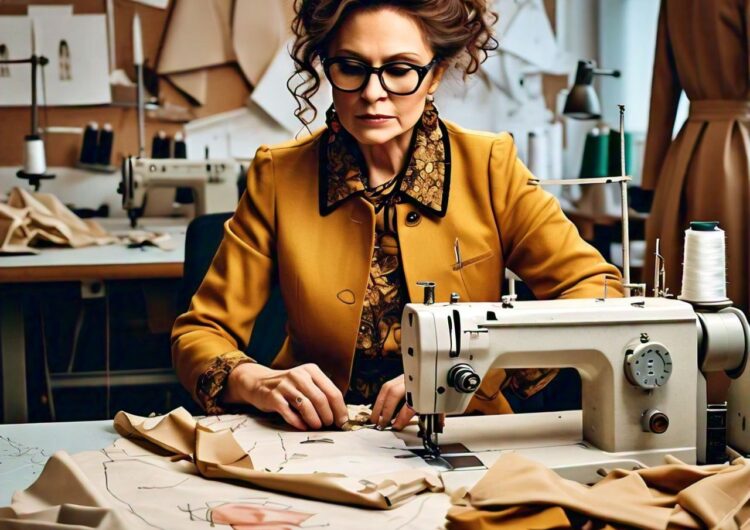The fashion industry is a vibrant realm where creativity meets commerce, and at the heart of this dynamic world lies fashion product development. This field is essential for transforming design concepts into market-ready products, and it offers a plethora of career opportunities for those with a passion for both fashion and strategy. In this article, we’ll delve into the various roles within fashion product development, the skills required, and the pathways to a successful career in this exciting sector.
What is Fashion Product Development?
Fashion product development encompasses the entire process of bringing a fashion product from the initial design stage to the final consumer. This involves collaboration between designers, merchandisers, and manufacturers to ensure that products are not only aesthetically appealing but also functional, marketable, and profitable. The process includes research, design iteration, material sourcing, sample creation, and production planning.
Key Roles in Fashion Product Development
- Product Developer
- Role: The product developer coordinates the process of creating new fashion items, from concept to execution. They work closely with designers to understand their vision and translate it into tangible products.
- Skills: Strong analytical skills, an eye for detail, and excellent communication abilities are essential. Familiarity with textiles and production techniques is also crucial.
- Technical Designer
- Role: This professional focuses on the technical aspects of product development. They create detailed specifications and ensure that the garments fit correctly and meet quality standards.
- Skills: Proficiency in CAD software, a deep understanding of garment construction, and problem-solving skills are vital in this role.
- Merchandiser
- Role: Merchandisers analyze market trends and consumer preferences to determine what products should be developed. They are responsible for pricing, assortment planning, and marketing strategies.
- Skills: Strong analytical skills, market research abilities, and a good understanding of retail dynamics are important for success in merchandising.
- Sourcing Manager
- Role: This role involves finding and negotiating with suppliers for materials and production services. The sourcing manager ensures that products are created sustainably and cost-effectively.
- Skills: Excellent negotiation skills, a strong network of contacts in the textile industry, and knowledge of sustainable practices are key attributes.
- Production Manager
- Role: Responsible for overseeing the manufacturing process, production managers ensure that timelines and budgets are met while maintaining quality standards.
- Skills: Strong project management skills, attention to detail, and a good understanding of supply chain logistics are essential.
Essential Skills for Success
To thrive in fashion product development, a combination of technical knowledge and soft skills is crucial. Here are some key competencies:
- Creativity: A passion for fashion and a creative mindset are foundational in developing innovative products.
- Attention to Detail: Precision in design and execution can make or break a product.
- Analytical Skills: Understanding market trends and consumer behavior is critical for making informed decisions.
- Communication: Collaborating with various stakeholders requires clear and effective communication.
- Technical Proficiency: Familiarity with design software, textiles, and manufacturing processes is increasingly important.
Pathways to a Career in Fashion Product Development

- Education: A degree in fashion design, textile science, merchandising, or a related field can provide a solid foundation. Specialized courses in product development can also be beneficial.
- Internships: Gaining hands-on experience through internships with fashion brands, manufacturers, or retailers is invaluable. This exposure allows aspiring professionals to understand the industry’s intricacies and build a network.
- Networking: Attending fashion events, trade shows, and industry seminars can help aspiring product developers connect with industry professionals and stay updated on trends.
- Continuous Learning: The fashion industry is ever-evolving, and staying current with technological advancements and market shifts is crucial. Online courses, workshops, and industry certifications can enhance skills and knowledge.
The Future of Fashion Product Development
As sustainability and ethical practices become more important in fashion, product development careers are also adapting. Professionals in this field are increasingly required to incorporate sustainable materials and practices into their development processes. The rise of technology, such as 3D printing and virtual fitting rooms, is also transforming how products are developed, presenting new opportunities for innovations.


